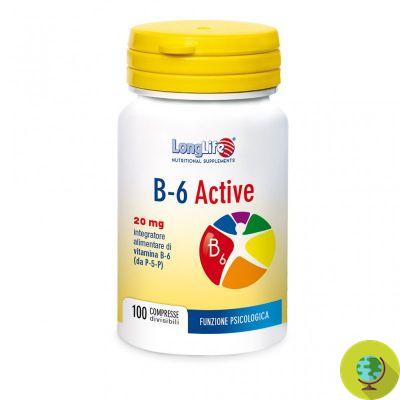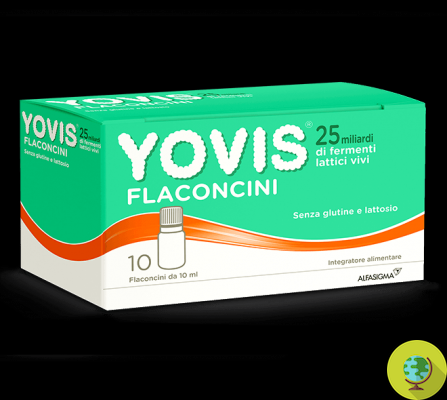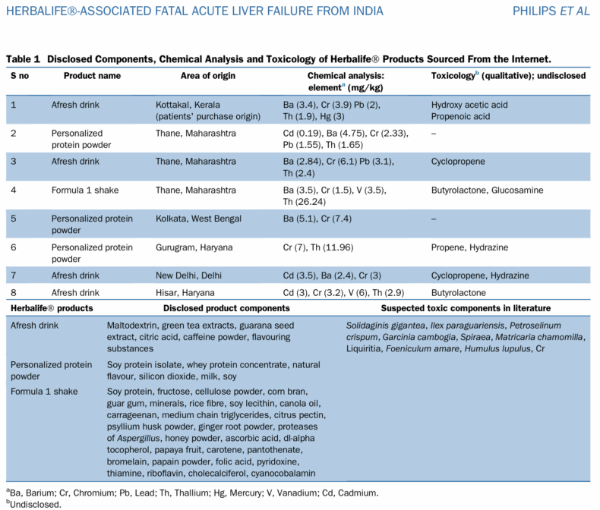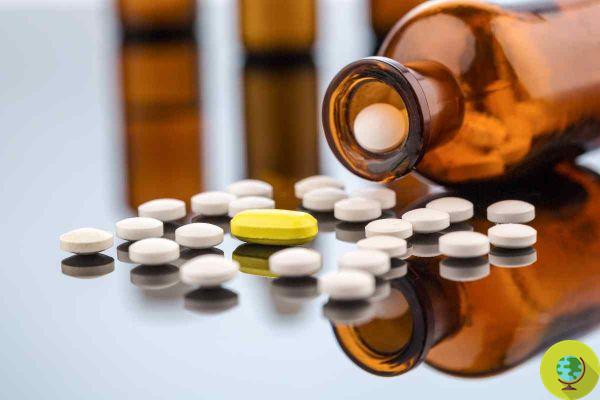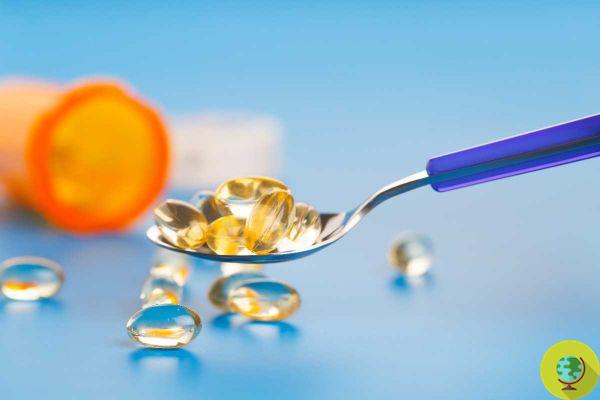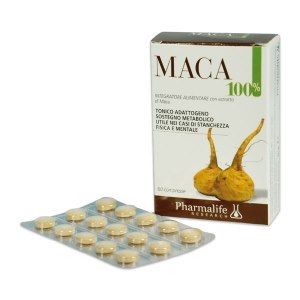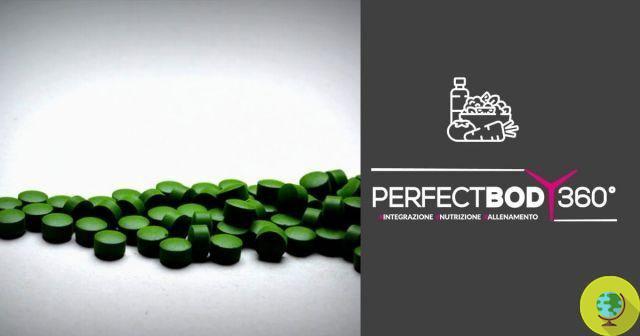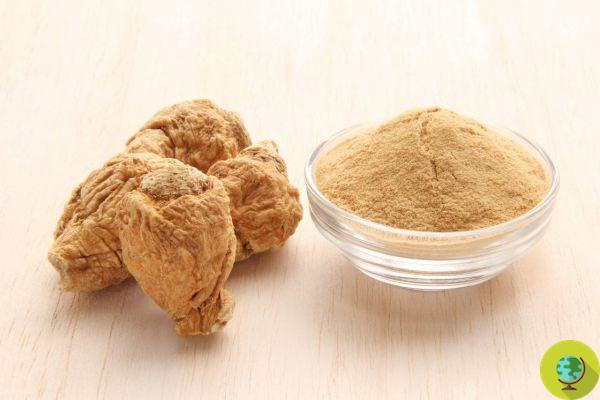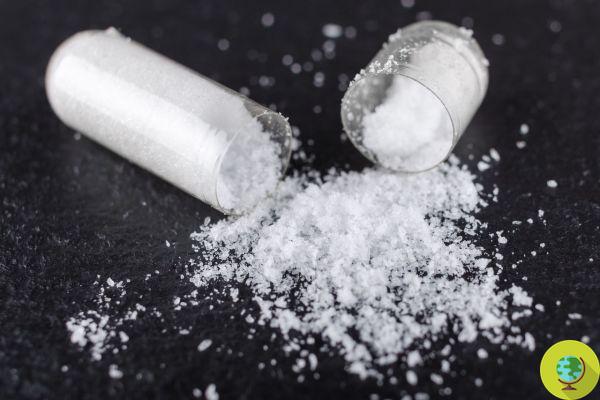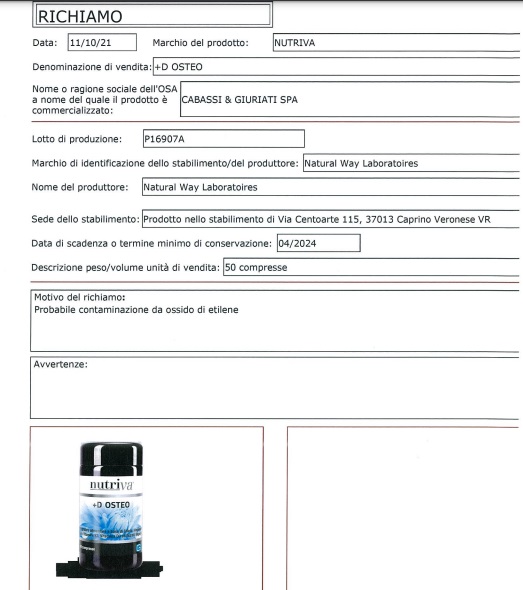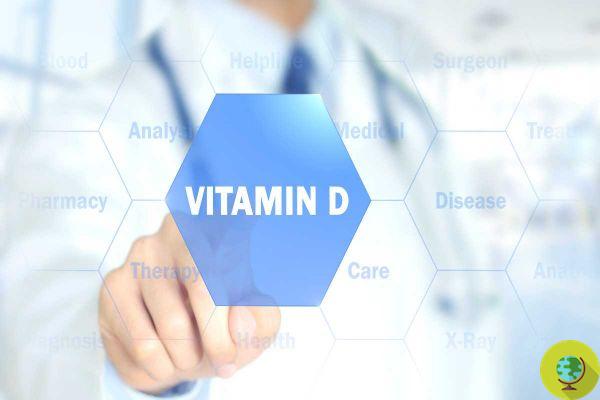
If you are taking vitamin D supplements, you should beware of these medications as they may interact with them. Let's see which ones.
Don't store avocado like this: it's dangerousLa vitamin D it is a fundamental nutrient for maintaining the health of our bones, this is because our body can absorb the football, the main component of bones, only when vitamin D is also present. The vitamin also has anti-inflammatory, antioxidant and neuroprotective properties that support immune health, muscle function and brain cell activity. (Read also: Vitamin D2: What's the difference with vitamin D3 and which one should you take?)
Vitamin D is not found naturally in many foods, but you can get it from milk, grains, and fatty fish like salmon, mackerel and sardines, otherwise your body can absorb the vitamin when your body comes in contact with sunlight. However, many do not take the necessary amount, which is why they develop one vitamin D deficiency and they must use supplements substitutes.
Vitamin D supplements, however, can interact with some medications leading to unwanted side effects. Let's see which ones to pay attention to.
Medicines that interact with vitamin D
- Aluminum. Taking vitamin D and aluminum-containing phosphate binders, which can be used to treat chronic kidney disease sufferers, could cause harmful levels of aluminum in people with kidney failure.
- Anticonvulsants. Anticonvulsants such as phenobarbital and phenytoin increase the breakdown of vitamin D and reduce the absorption of calcium.
- Atorvastatin. Taking vitamin D could affect how your body handles this cholesterol medication.
- Calcipotriene. Do not take vitamin D with this psoriasis medication. The combination could increase the risk of too much calcium in the blood (hypercalcaemia).
- Cholestyramine. Taking vitamin D with this cholesterol-lowering drug may reduce the absorption of vitamin D.
- Cytochrome P450. Use vitamin D with caution if you are taking medications made from these enzymes.
- Digoxin. Avoid taking high doses of vitamin D with this heart medication. High amounts of vitamin D can cause hypercalcemia, which increases the risk of fatal heart problems with digoxin.
- Diltiazem. Avoid taking high doses of vitamin D with this blood pressure medication. High amounts of vitamin D can cause hypercalcemia, which could reduce the drug's effectiveness.
- Orlistat. Taking this weight loss drug can reduce the absorption of vitamin D.
- Thiazide diuretics. Taking these blood pressure medications with vitamin D increases the risk of hypercalcemia.
- Steroids. Taking steroid medications such as the prednisone it can reduce calcium absorption and impair the body's processing of vitamin D.
- Stimulant laxatives. Prolonged use of high doses of stimulant laxatives can reduce the absorption of vitamin D and calcium.
- Verapamil. Taking high doses of vitamin D with this blood pressure medication can cause hypercalcemia and may even reduce its effectiveness.
Follow us on Telegram | Instagram | Facebook | TikTok | Youtube
On the vitamin D you might be interested in:
- Vitamin D: 2 out of 3 children in the USA are deficient
- If your skin is very dry and you can't keep it hydrated, you may have a vitamin D deficiency
- Vitamin D, in spring how many minutes of sunshine a day do we need to fill up? Less than you think!
- Vitamin D is the simplest and cheapest way to prevent colon cancer
- Vitamin D: when is the best time to take it, in the morning or in the evening?




